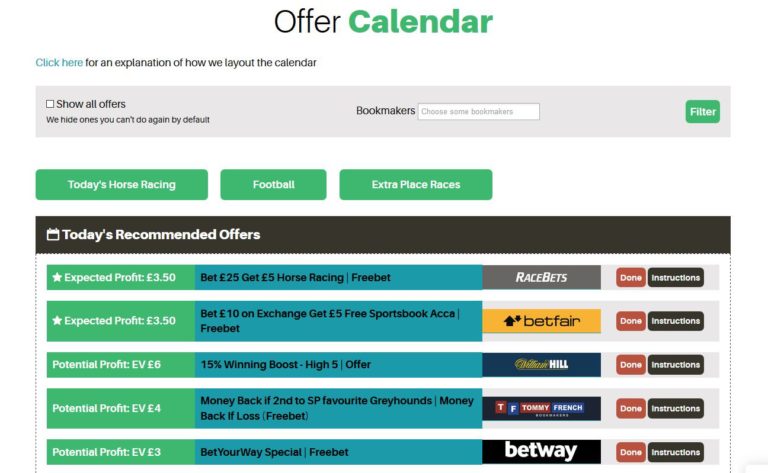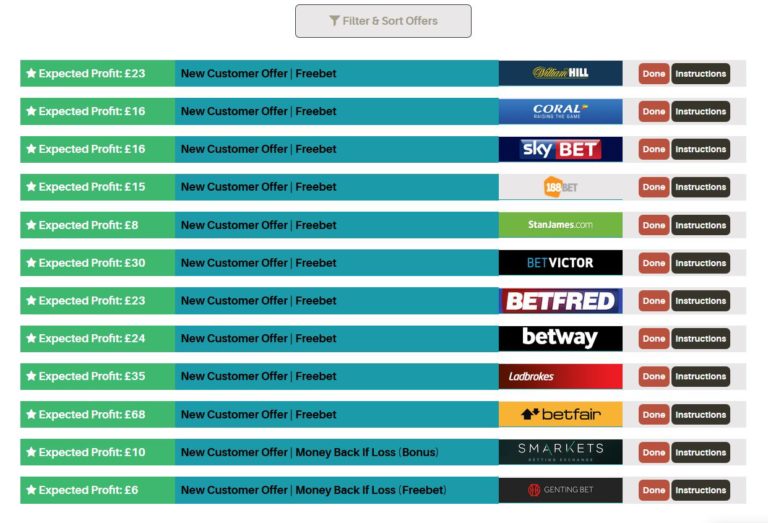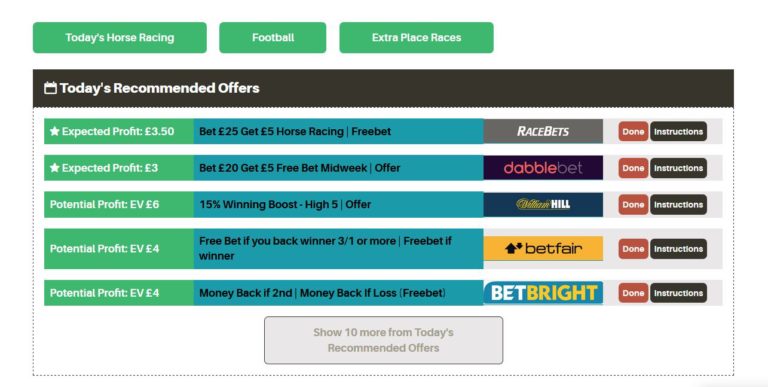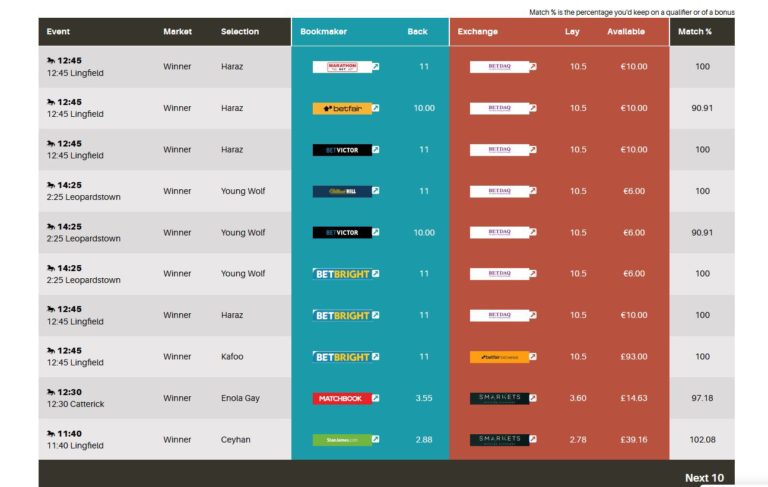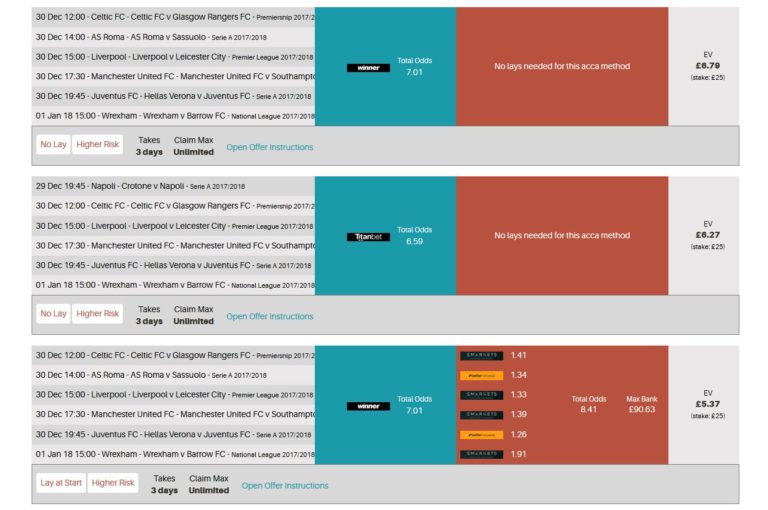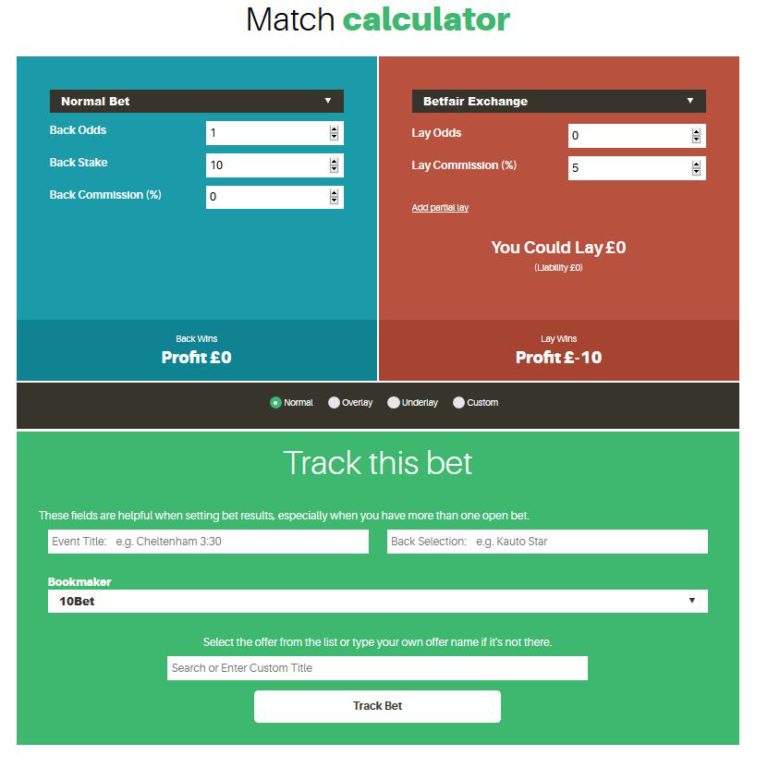Save Money and Make Money With Product Testing
If you’re looking for an enjoyable sideline that can bring you both cash and freebies, product testing could tick all the boxes for you 😉
A growing number of companies now engage freelance reviewers to help them with product testing and development. This feedback is important to them to ensure they are producing things the public will want to buy, so they are happy to send out products free of charge to achieve this.
How It Works
Product-testing opportunities are generally advertised via company or agency websites.
The businesses concerned send out sample products free in exchange for honest reviews. Reviewers get to keep the products they are sent, and in some cases receive a fee as well. Fees may be paid in cash or gift vouchers.
The type of review required varies. In some cases you may be asked to complete a questionnaire, in others to upload a review to Amazon or some other retail site. There are also opportunities for people who have their own blog or website to get free products for reviewing on them.
Here are seven of the best product-testing websites to get you started.
Toluna
This is a paid surveys site, but they also offer free products for review. Once you have joined and signed in, go to the “Test Products” page under the “Community” tab and choose the item you want. If you are selected to provide a review, your product will be sent in the post.
Tesco Home Panels
Tesco Home Panels offer free products of all types from Tesco – anything from cat litter to clothing. You need to have a Tesco Clubcard to be accepted for this one. As well as keeping the products you review, you are credited with points which can be converted to £10 “Bonusbonds”. You can use these at a number of retailers (not only Tesco).
Boots Volunteer Testers
High street chemist’s Boots recruit people to test a variety of skin-care products, cosmetics and toiletries. As well as home-based testers nationwide, they require people to attend on-site sessions at their Product Evaluation Centre in Beeston, Nottingham. Payment for the latter is from £10 to £125. You need to live within 30 miles of Beeston to apply for these paid sessions.
Clicks Research
Clicks Research conducts product trials for a range of top brands, including Liz Earle, Sanctuary, Marks and Spencer and The Body Shop. They also run surveys. You get Clicks points for completing these, typically 25 to 200 per survey. Once you’ve earned 2,500 points, you can exchange them for £25 cash.
As well as the Clicks Research main panel, you can apply to join their “Sensory Panel”. This involves taking a short online training course. You can then join their on-site food-hall trials and focus groups. You get to enjoy free products on the day with these and a cash reward too.
Savvy Circle
Savvy Circle is a product testing site for Proctor and Gamble products, including food, health, cleaning and laundry products, cosmetics, and so forth.
This site works a little differently in that as well as giving feedback on products, you’re expected to mention them in everyday conversation and online. The site awards stars each time you contribute to a “campaign”, e.g. by submitting a report on a chat you had with a friend or commenting on a blog. The more stars you get, the more freebies you’re awarded.
I-say
This is another survey site that also dishes out freebies. Register to complete surveys and you’ll occasionally receive invitations to take part in product trials. It’s worth signing up for the surveys anyway, as you’re awarded points for doing them that are converted to Amazon vouchers. You get points for taking surveys on the free products you receive too.
Amazon Vine
Amazon Vine is the product testing arm of the world’s favourite online store. As a “Vine Voice” you get to choose from a selection of products on sale at Amazon. All you have to do is test and review the products on Amazon and you can keep them.
The one drawback with Amazon Vine is that you can’t apply for it. You have to wait for an invitation to arrive. You can improve your chances of this happening by regularly leaving good-quality reviews of things you buy at Amazon.
I have been a Vine Voice for several years now and highly recommend it. As I said in this blog post, as a member I have received some great freebies, including an expensive memoryfoam mattress, a lawn-mower and a £1000 gaming laptop. So it really is worth making an effort to get into this if you can. Once you are accepted, as long as you review the items you receive, the freebies will keep on coming for as long as you want them.
More Top Tips
As mentioned earlier, if you have a blog or website you may be able to get free products in exchange for agreeing to review them on your site. You may also be able to earn extra fees by including an affiliate link to the business concerned, e.g. via the Awin affiliate marketing platform.
One thing you aren’t normally allowed to do is sell on the freebies you receive. Amazon in particular are very strict about this and will terminate your Vine membership if they discover you are doing it.
You can also make money testing company websites and reporting back on them (although of course you don’t get to keep the websites!). Two sites to check out for this (both of which I have mentioned on PAS before) are What Users Do and People For Research.
As ever, if you have any comments or queries about this post – or any other product testing websites you recommend – please do leave them below.







